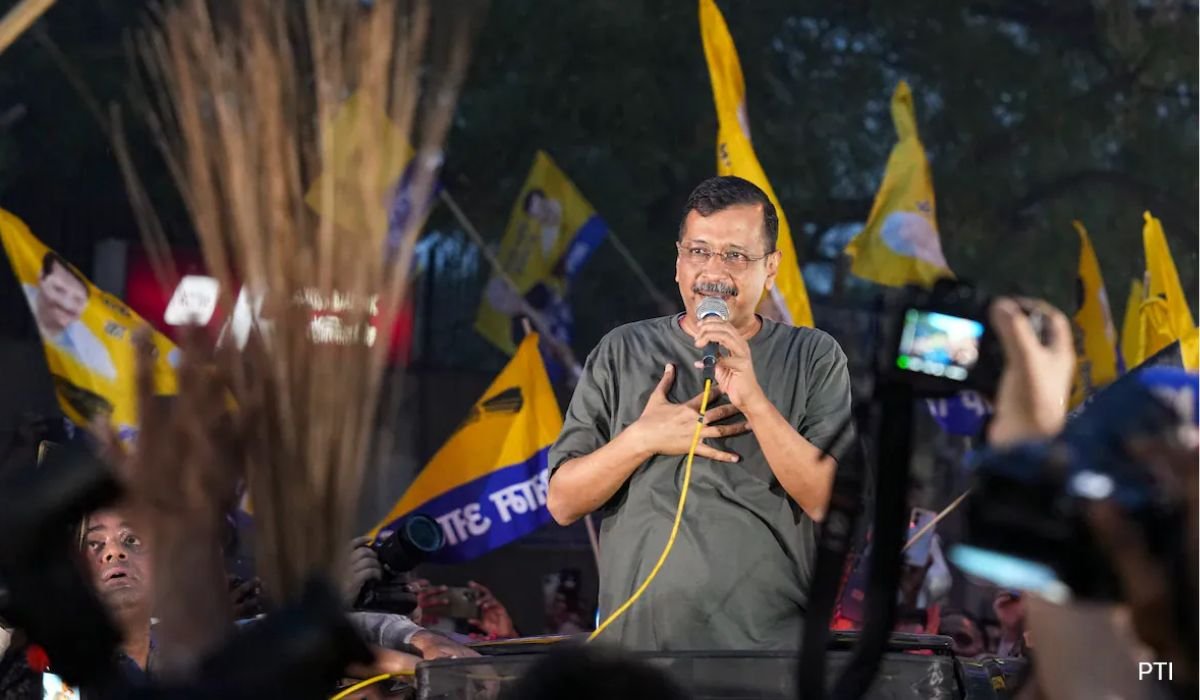Published on: 14 September, 2024 10:49 IST
Delhi Chief Minister and Aam Aadmi Party (AAP) leader Arvind Kejriwal was released from prison on Friday after being granted bail by the Supreme Court in the CBI’s excise policy case. While the AAP hailed Kejriwal as “fully empowered,” the Supreme Court’s bail order includes specific restrictions on his official activities.
According to the court, Kejriwal is barred from visiting his office or the Delhi Secretariat, and media reports initially suggested he is prohibited from signing any official files. However, Abhishek Manu Singhvi, senior lawyer and Kejriwal’s counsel, clarified that this information is inaccurate. Singhvi emphasized, “There is misinformation going on that he (Arvind Kejriwal) cannot sign any files. Today’s order doesn’t add a comma or a full stop to the order already passed on July 12 in the PMLA case,” as reported by India Today.
Singhvi further explained that Kejriwal can sign files that require submission to the Lieutenant Governor, although he does not hold a portfolio or sign other documents.
No Public Comments on CBI Case
The bail order also prohibits Kejriwal from making any public statements about the CBI case. The Supreme Court stated, “The appellant shall not make any public comments on the merits of the CBI case, it being sub judice before the trial court.” The court clarified that this condition aims to prevent public narratives from influencing the case.
Additional Bail Conditions
The Supreme Court’s ruling mandates Kejriwal’s presence at every trial hearing and requires his full cooperation for the swift completion of proceedings. Additionally, the conditions imposed in a previous Enforcement Directorate (ED) case will be applied to this case with necessary modifications. The court specified, “The terms and conditions imposed by a coordinate bench of this court vide orders dated May 10, 2024 and July 12, 2024, are mutatis mutandis (with the necessary changes) in the present case.”

